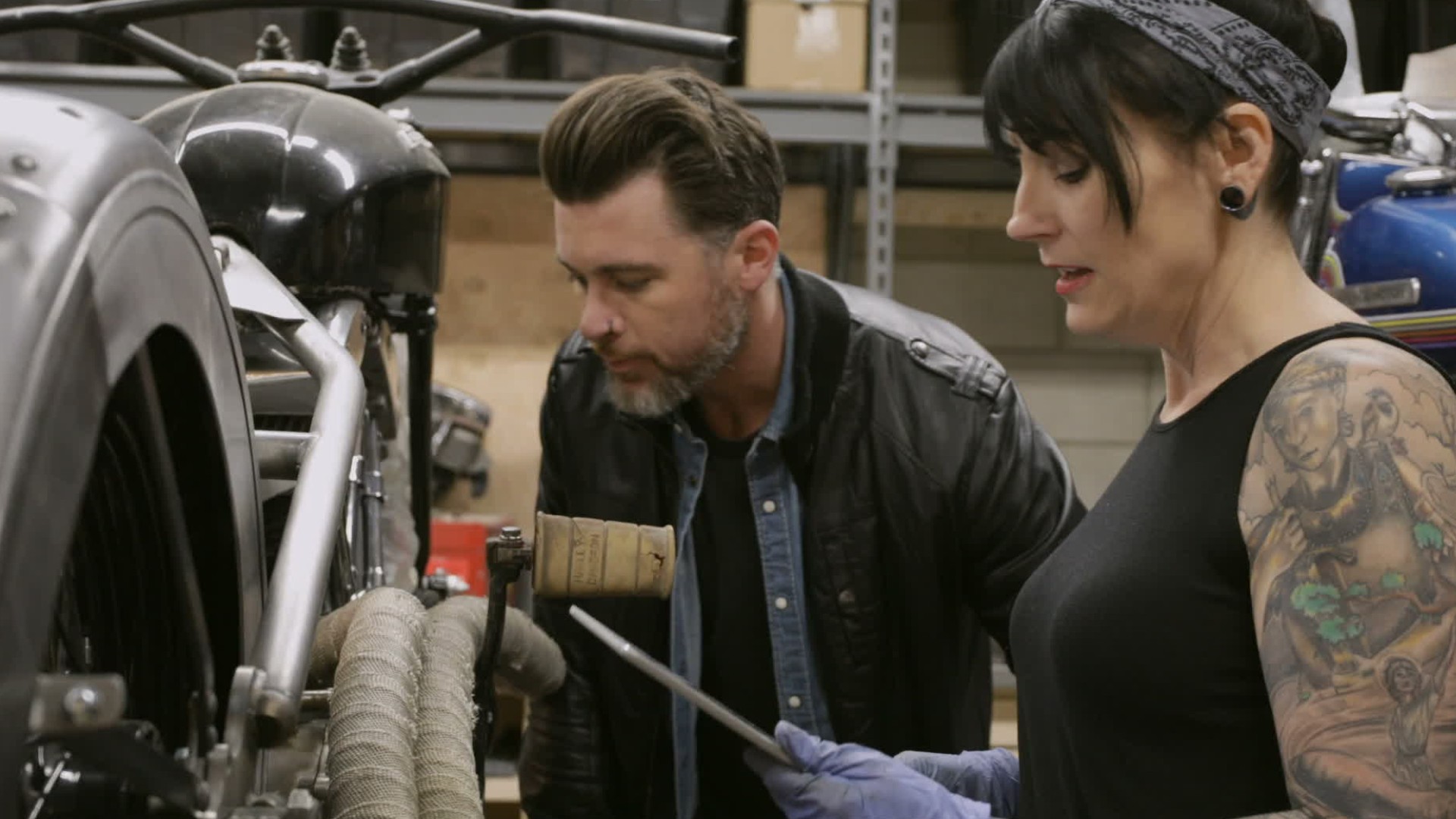Motorboat Mechanics & Service Technicians
Marine Mechanic, Marine Technician, Mechanic, Service Technician
 Select a military branch to see samples.
No similar titles were found.
Select a military branch to see samples.
No similar titles were found.
Watercraft Engineer; Wheeled Vehicle Mechanic
Boatswain's Mate; Machinery Technician; Marine Safety Specialist Deck; Marine Safety Specialist Engineer; Naval Engineering Specialty
Small Craft Mechanic
Diesel Engine Systems Maintainer; Diesel Engine Systems Technician; General Dynamics (GD) Littoral Combat Ship (LCS) Core Crew Mission Specialist; LCAC Craft Engineer/Assistant Operator; Lockheed Martin (LM) Littoral Combat Ship (LCS) Core Crew Mission Specialist; Machinery Repairman Apprentice; Mechanical Maintenance Technician; Naval Special Warfare (NSW), Combatant-Craft Heavy Support Engineer; Naval Special Warfare (NSW), Combatant-Craft Medium Support Engineer; Outboard Engine Maintenance Technician
No similar titles were found.
What they do:
Repair and adjust electrical and mechanical equipment of inboard or inboard-outboard boat engines.
On the job, you would:
- Start motors and monitor performance for signs of malfunctioning, such as smoke, excessive vibration, or misfiring.
- Document inspection and test results and work performed or to be performed.
- Mount motors to boats, and operate boats at various speeds on waterways to conduct operational tests.
Knowledge
Engineering and Technology
- mechanical
- computers and electronics
Business
- customer service
- management
Arts and Humanities
- English language
Math and Science
- arithmetic, algebra, geometry, calculus, or statistics
Skills
Basic Skills
- thinking about the pros and cons of different ways to solve a problem
- listening to others, not interrupting, and asking good questions
Problem Solving
- noticing a problem and figuring out the best way to solve it
Abilities
Hand and Finger Use
- hold or move items with your hands
- keep your arm or hand steady
Ideas and Logic
- notice when problems happen
- make general rules or come up with answers from lots of detailed information
Verbal
- communicate by speaking
- listen and understand what people say
Personality
People interested in this work like activities that include practical, hands-on problems and solutions.
They do well at jobs that need:
- Attention to Detail
- Dependability
- Cautiousness
- Perseverance
- Stress Tolerance
- Achievement Orientation
Technology
You might use software like this on the job:
Spreadsheet software
- Microsoft Excel
Presentation software
- Microsoft PowerPoint
Analytical or scientific software
- CDI Electronics M.E.D.S.
- Rinda Technologies DIACOM Marine
Education
Education: (rated 3 of 5)
certificate after high school or
high school diploma/GED
usually needed
high school diploma/GED
usually needed
Job Outlook
Bright
New job opportunities are very likely in the future.
Explore More
- Automotive Service Technicians & Mechanics
- Bus & Truck Mechanics & Diesel Engine Specialists
- Electric Motor, Power Tool, & Related Repairers
- Motorcycle Mechanics
- Outdoor Power Equipment & Other Small Engine Mechanics
You might like a career in one of these industries:
See more details at O*NET OnLine about Motorboat Mechanics & Service Technicians.





